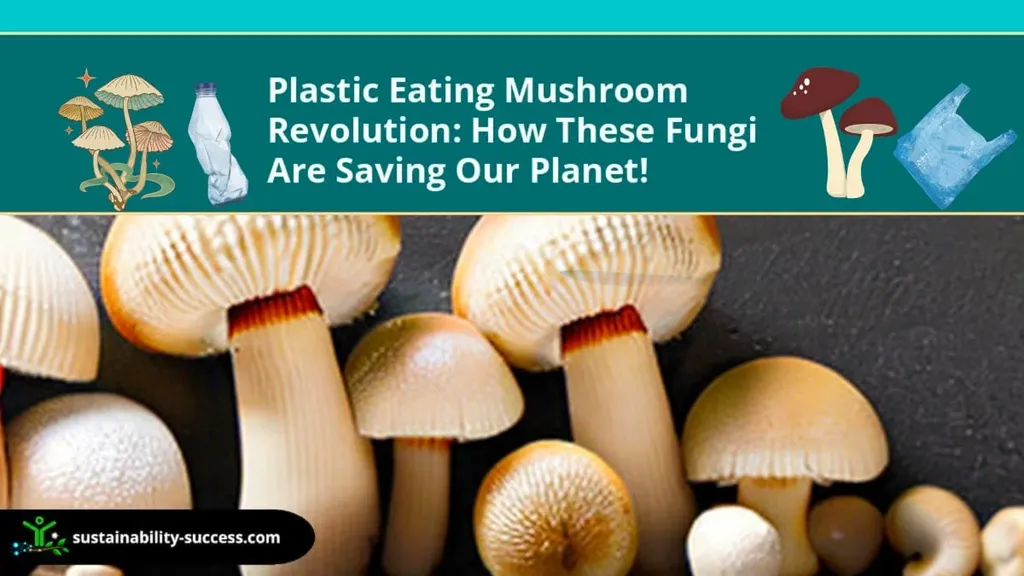In the heart of Kigali, Rwanda, a quiet revolution is brewing, one that could redefine the way we think about healthy and sustainable eating. A recent study published in *Frontiers in Sustainable Food Systems* (translated to English as “Frontiers in Sustainable Food Systems”) sheds light on the consumer awareness, perceptions, and attitudes towards mushroom consumption in the city. The research, led by Felix Ndayisaba of the International PhD Program in Agricultural Economics, Bioeconomy and Sustainable Food Systems (IPPAE) at Justus Liebig University Giessen in Germany, offers a nuanced look at how cultural, economic, and environmental factors influence food choices.
The study, which employed in-depth interviews and focus group discussions, reveals a complex landscape of food-related awareness and behavior. While respondents generally associated healthy diets with an abundance of vegetables and fruits, and unhealthy diets with high sugar, salt, and fat content, the understanding of sustainability in food choices was notably limited. “Most respondents reported being indifferent to environmental concerns in their food decision-making process,” Ndayisaba notes, highlighting a significant gap in consumer awareness.
Mushrooms, often hailed as a sustainable and nutritious food source, present a fascinating case study. The research uncovers mixed attitudes towards mushroom consumption, shaped by cultural misconceptions, limited availability, and gaps in cooking knowledge. “There’s a need for interventions to enhance awareness on healthy diets and sustainability,” Ndayisaba emphasizes, suggesting that education and improved accessibility could play pivotal roles in promoting mushroom consumption.
The findings have profound implications for the agricultural and food sectors. By developing the mushroom value chain to ensure all-season availability, accessibility, and affordability, stakeholders could tap into a previously underutilized resource. This could not only boost local economies but also contribute to more sustainable food systems.
The study’s insights align with the Theory of Planned Behavior and the New Ecological Paradigm Scale, offering a robust framework for understanding consumer behavior. As Ndayisaba’s research underscores, addressing the barriers to mushroom consumption could open up new avenues for healthy and sustainable eating, benefiting both consumers and the environment.
In an era where food security and sustainability are paramount, this research serves as a clarion call for targeted interventions and innovative solutions. By bridging the gap between awareness and action, we can pave the way for a healthier, more sustainable future.

